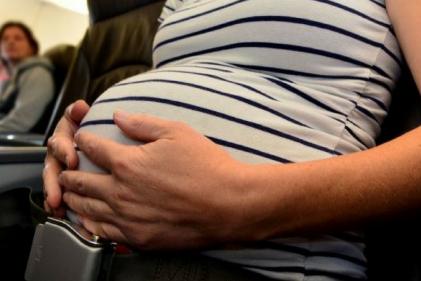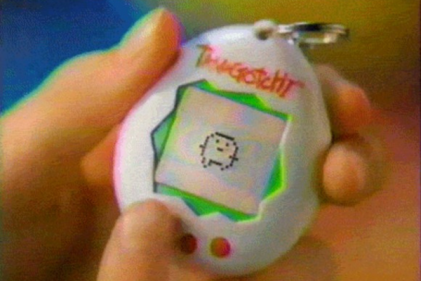It’s hard to believe that it’s already 14 weeks into your pregnancy! The first trimester is over and you are heading into the second which is a very exciting time for both you and your baby. The second trimester brings some major changes to your body and, soon, you will feel your baby move!
Your Baby This Week
At week 14 of your pregnancy, your baby is now around the size of a lemon, or about 8.6cm (3.4 inches) long. Your baby’s weight has again almost doubled since last week and is around 42 grammes (1.5oz).
As for this week’s developments, your baby can now make facial expressions! The muscles in the face are now receive impulses from the brain and your baby is practicing how to squint, frown, grimace, and even smile. Your baby’s kidneys continue to produce urine as he swallows amniotic fluid and processes it through his body.
Your baby’s head growth has now slowed down, allowing the body to catch up. The arms are now more proportionate to the body and the legs are getting there (although leg growth is still a bit slower at this stage). Your baby’s neck muscles are now more pronounced and are actively turning the head back and forth and up and down. Additionally, there is a fine covering of hair all over baby’s body and face. This is called lanugo and is there to help regulate the baby’s body temperature.
The lanugo hair usually falls off before birth when fat is developed and takes over the process of regulating the body temperature. Sometimes though, the lanugo hair is still present at birth and will fall off shortly afterwards. Amazingly, when the lanugo hair begins to fall off in the womb, it is ingested by the baby and is stored in the intestines along with cells from the amniotic fluid. These intestinal deposits are what make the baby produce their first bowel movement after birth, known as meconium.
Your baby’s movements are now more fluid than they previously were. When a foetus first begins to move, the movements are quick and almost jerking type movements. Now, that your baby has had some practice using nerves and muscles to react to their brain impulses, the movements are much more intentional, smooth and coordinated.
Your Body This Week
As you enter your second trimester of pregnancy, you may find that your breasts are not as tender or sore as they were previously. If you are still experiencing nausea, it’s likely that the severity has decreased or if you are lucky, the morning sickness has now completely gone away.
You might notice that you do not have to urinate quite as much as you did last week. During the second trimester, bladder pressure is lessened causing you not to feel that constant need to go to the bathroom. Enjoy this while you can because it comes back in the third trimester.
A new symptom that could appear this week is nasal congestion. Most women do not even relate a stuffy nose to their pregnancy, but the added hormones in your body are the cause. Blood flow is increased to all areas of your body, including your nose. This increase in blood flow causes the mucous membranes in the nose to swell making your nose feel stuffy. Using a room humidifier can help alleviate this annoying symptom.
You could also find that you are experiencing some achy pains to your lower abdomen. Do not be alarmed. These pains are usually caused by the stretching of ligaments as your uterus grows. The doctor will call it ‘round ligament pain’. There are several bands of ligaments that support your uterus during pregnancy.
They are located at the side of the abdomen and run from the groin area to the upper hip, along the same line that a high-cut bikini would lay. As the uterus grows, these bands stretch to accommodate the size and weight. If you do experience these pains, mention them to your doctor for reassurance. The doctor will usually tell you to put your feet up and rest to relieve the pains.
Pregnancy Tip
An embarrassing side effect of pregnancy is flatulence. Why is gas so bad during pregnancy? Well, the hormones make your muscles relax. This slows your digestion, which is good for your baby but can cause gas for you. You cannot eliminate it, but you can minimise it by eating smaller meals that will not overload the digestive tract and avoiding foods that cause gas.









